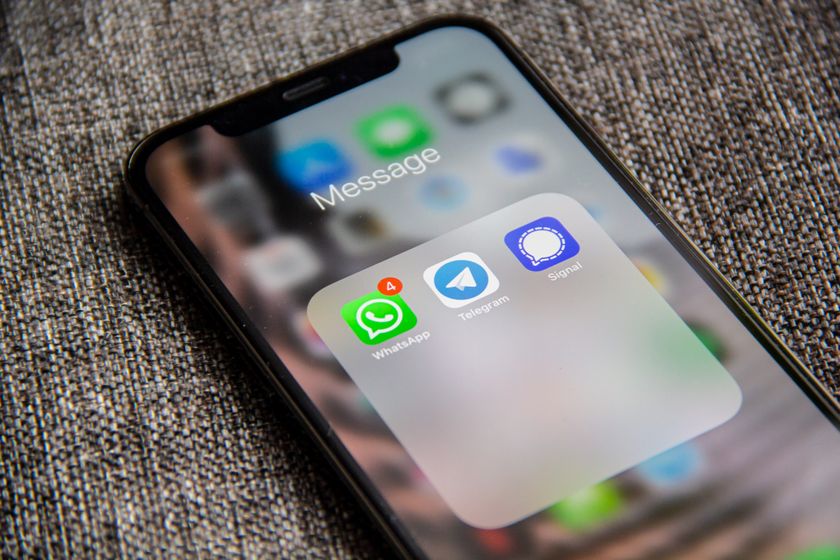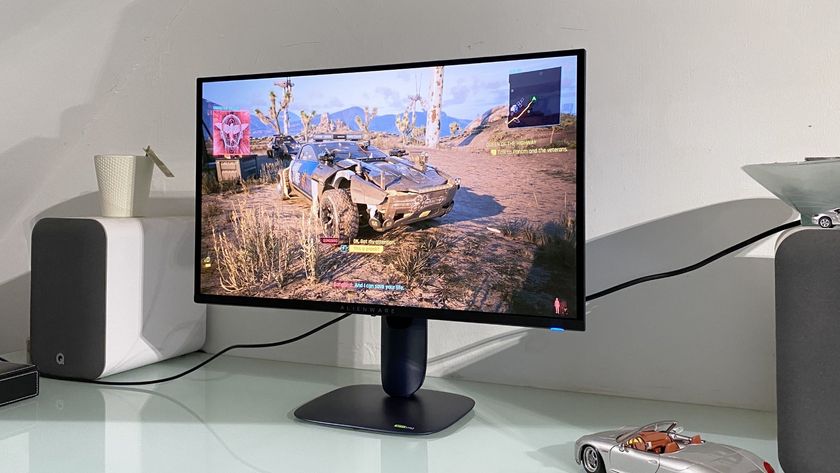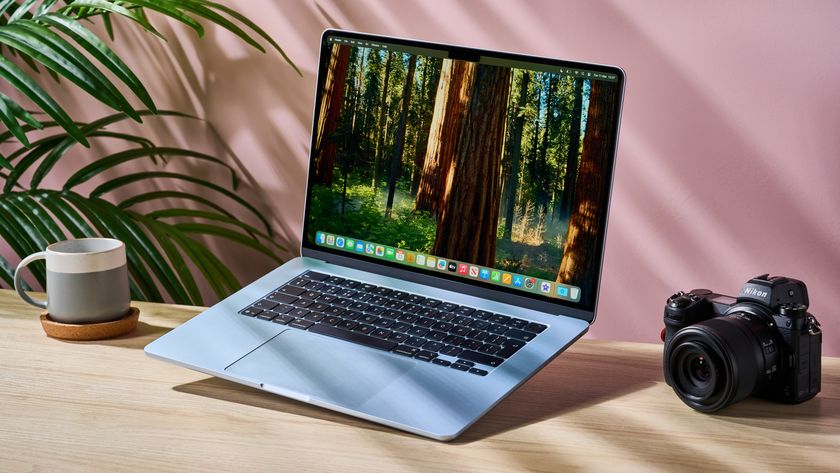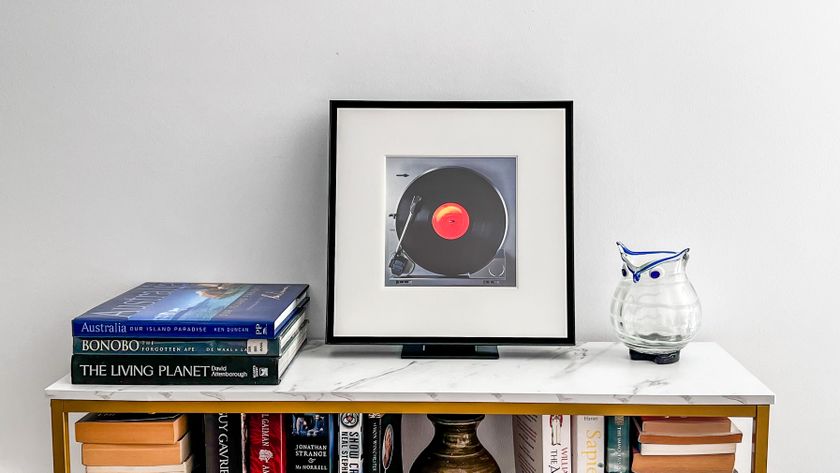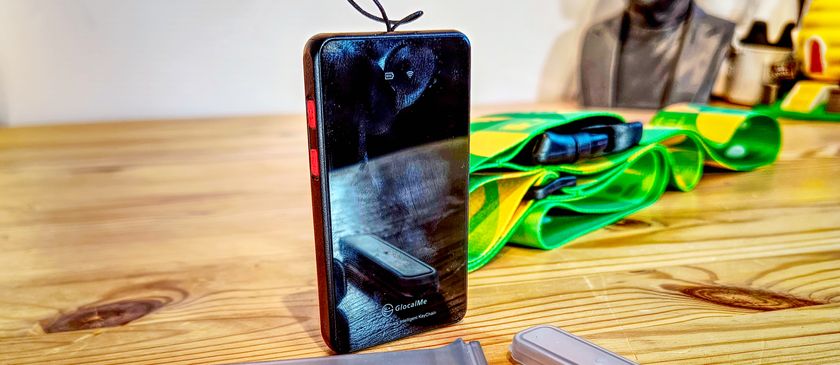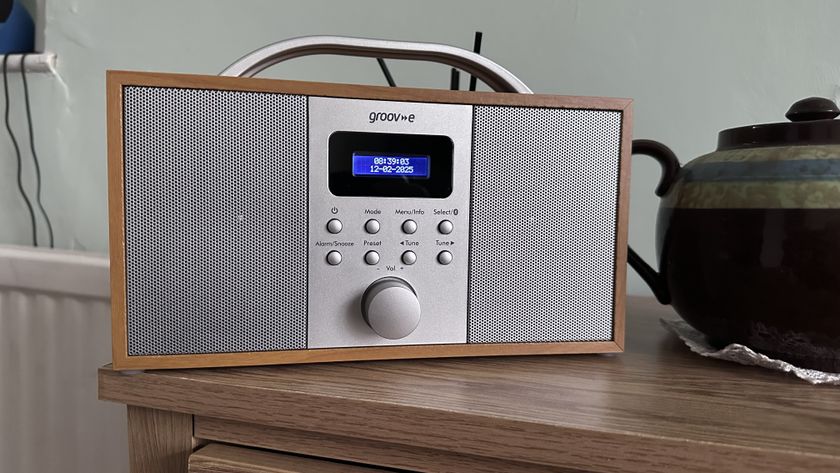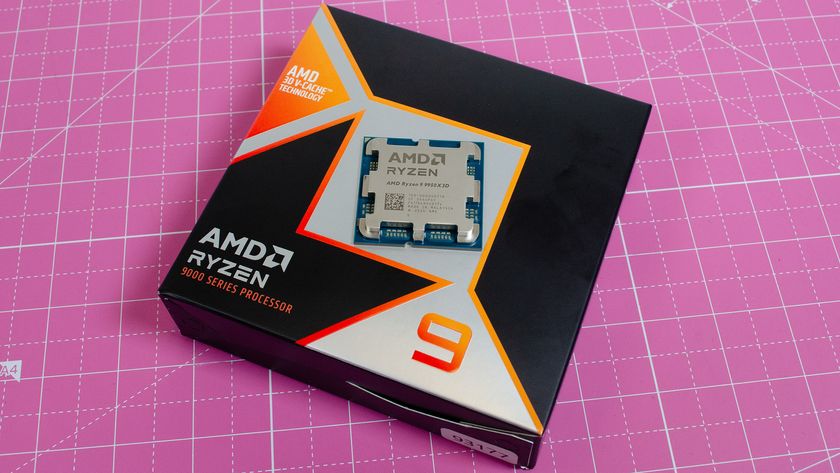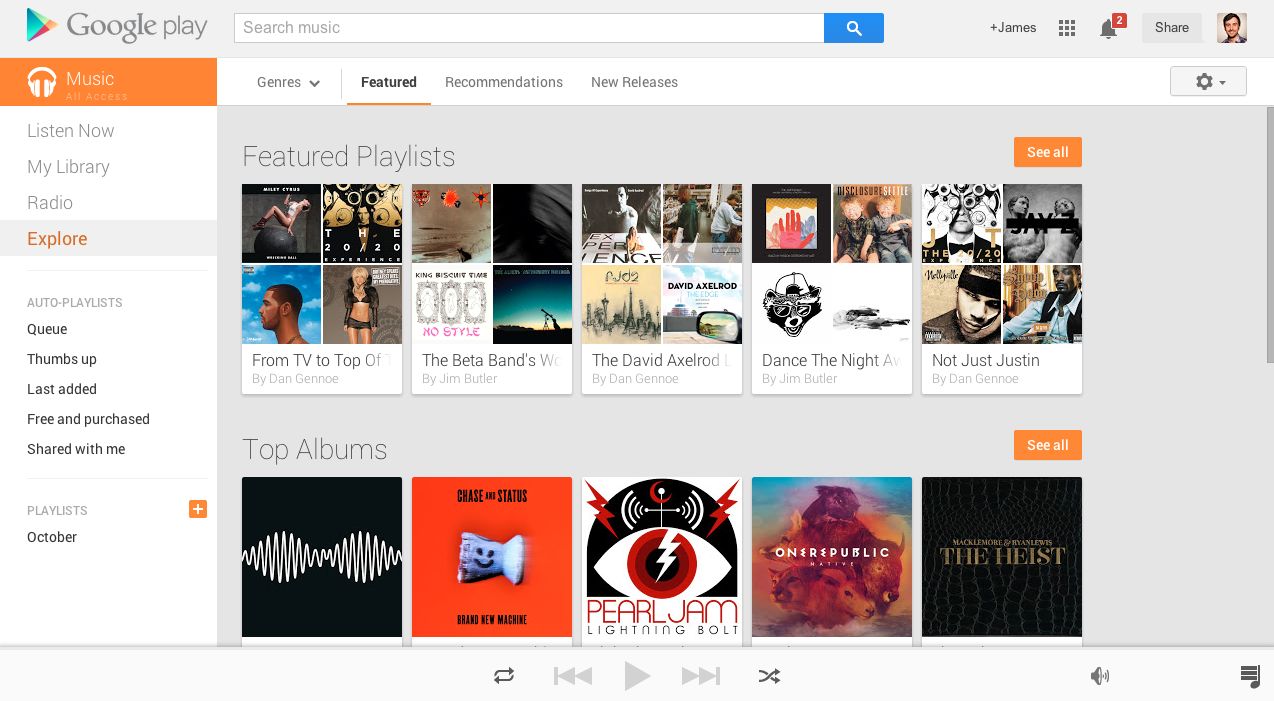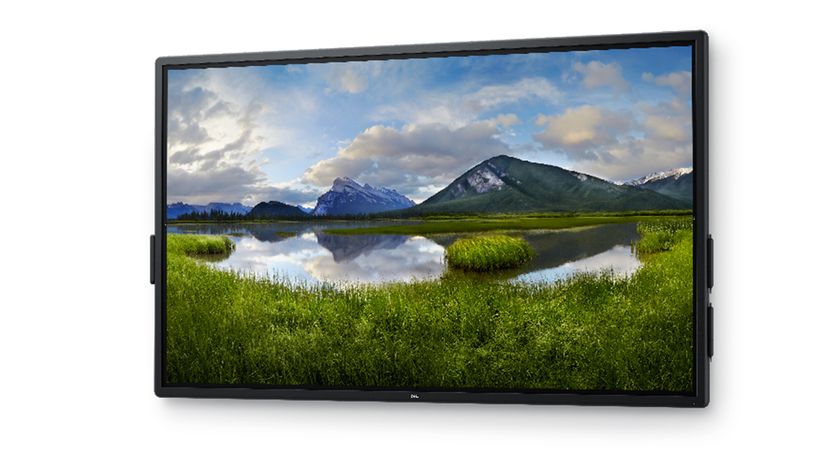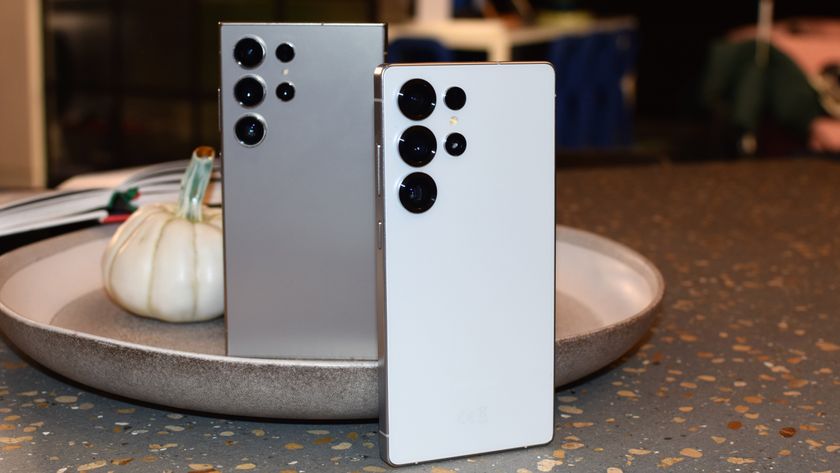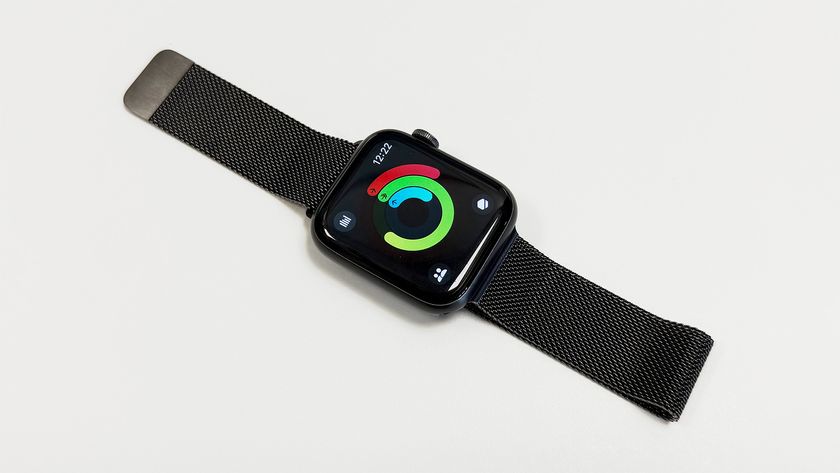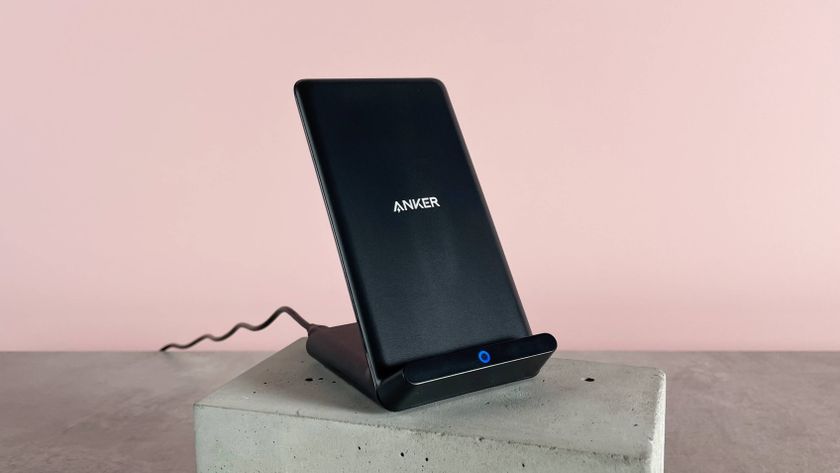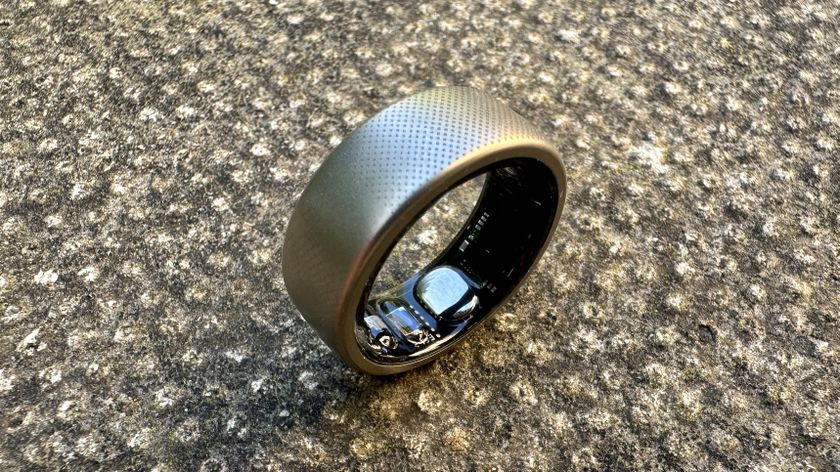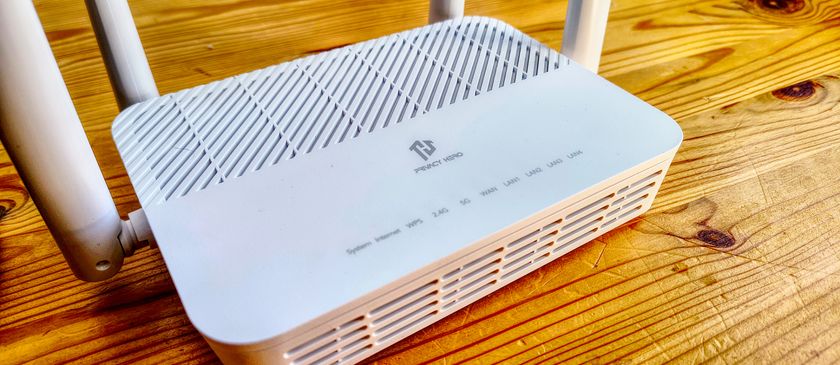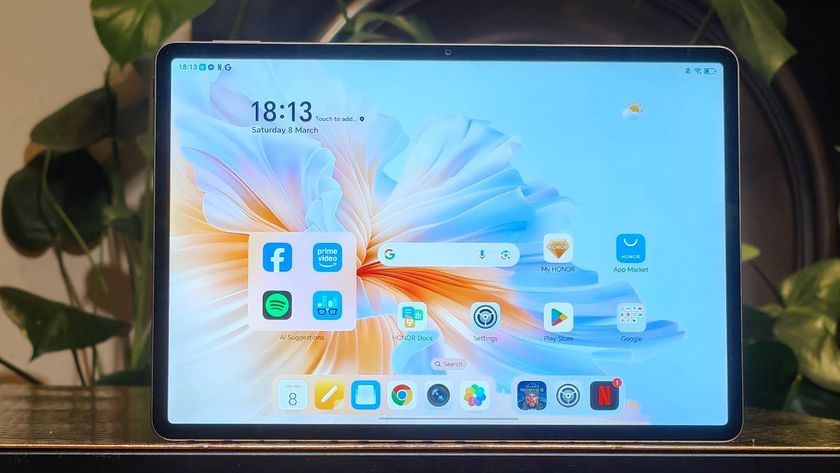TechRadar Verdict
Pros
- +
Great experience
- +
Polished service
- +
Quality music
Cons
- -
No social features
- -
Lacking in appeal
Why you can trust TechRadar
Google's entered the streaming world with a bang back at its I/O conference in May 2013.
Google Play Music All Access was launched as a music streaming service with a difference. The name might be a mouthful, but All Access offers a few extra features than you'd normally see in a search-and-stream service.
It aims to marry the wealth of music you already have downloaded, with a world of on-demand, streamable music, creating a single product that can serve up tunes in any manner you fancy.
With Napster, Deezer, Pandora and of course Spotify as direct competitors, Google Play Music All Access has its work cut out. Google has even matched its competitors for price and the service costs £9.99/$9.99 per month. But how does it stack up? Let's get playing.
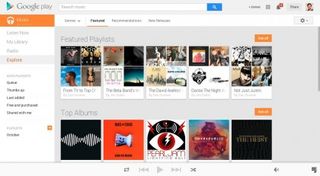
The catalogue
Google hasn't released the official figure for the amount of tracks on Google Play Music All Access, which may lead the cynical among you to presume that it's lagging behind the likes of Spotify and Deezer.
Those two giants boast 20m and 25m tracks respectively, but Google Play Music All Access certainly isn't lacking in the choice department.
We went through a host of our favourite albums from Spotify, as well as recent releases and couldn't find many discrepancies between the two. Even the most obscure tracks that make Spotify so special are available on Google Play Music All Access.
Even recent additions to Spotify, such as the much-hyped Pink Floyd back catalogue, are present on Google Play, although exclusives such as Metallica are missing.
It also seems that Google Play Music All Access is immune from some of the headline-grabbing cuts from big-name artists that has marred Spotify in 2013.
Thom Yorke recently pulled Atoms For Peace from the service, but it remains live and kicking on Google Play Music All Access. This makes for a strong showing, and gets the service off to a great start.
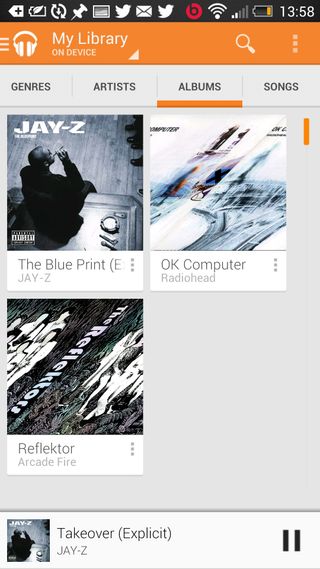
Upload your own music
Like Spotify, Google Play Music All Access has the power to recognise the music in your own library alongside streamable tracks, but there's an added trick up its sleeve. Google Play Music All Access recognises the music you already have and allows 20,000 tracks to be stored to a virtual cloud library.
The benefits are two-fold, firstly that there's no need to actually upload your tracks which makes the process quick and easy, and secondly, that once added to your library, the tracks stored on your laptop can be accessed from your smartphone and tablet.
It's less important for users of the streaming service, but gives more people a reason to get started with Google Play Music All Access.
Mobile app
Unsurprisingly, the Google Play Music All Access app is Android only, and available from Google Play. It's a far better designed app than Spotify, with a clean design, cool colour palette and large, clear pictures.
While this makes for a better visual experience, the big touch-friendly buttons make browsing artists with huge catalogues more difficult in some instances. For example, Johnny Cash has over 100 albums, which involves a huge amount of scrolling to find what you want.
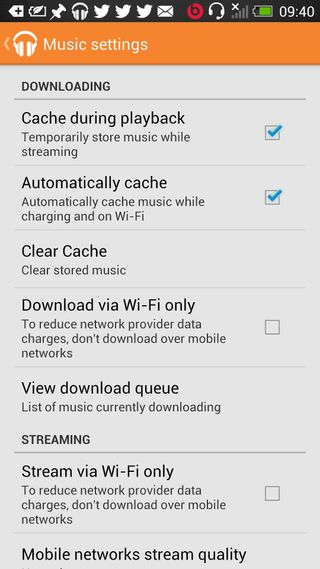
The same applies to your library, and while the album art looks great, when your library increases to 100 or even 200 albums, you'll have to revert to searching to find what you need. Those searches incidentally, are infinitely better than Spotify's.
You can save music to your device for offline listening by tapping the pin button on an album's context menu, and there's a second My Library screen, accessible from the top, which purely shows the music stored on your device.
It's a neater method than Spotify, which marks an album or playlist green when all the tracks have been stored, which need to be sought from the musical woodpile.
Usability is good on the whole, although users coming from Spotify might find the approach bewildering. Adding tracks to libraries, playlists and queues requires you to tap the subtle context menu buttons, which takes some getting used to.
My Library is the home of albums, songs and artists that you add with a touch of a button. Swiping from the left means you can get back to My Library at any time, as well as your playlists, artist radio (with unlimited skips) and an Explore page, which highlights new additions to the service, and some recommendations.
Web player
Google Play Music All Access has no desktop player, but there is a web player which is far more enjoyable to use than Spotify's equivalent. Signing in is easy, and those who use Chrome and are logged in with Google will be ready to listen in seconds.
The design ethos of the smartphone app caries over to the web player, and it's again simple to use and easy to find music. The top of the screen is dominated by a large search box waiting for your musical whims, with the links to My Library, Playlists and Explore at the side.
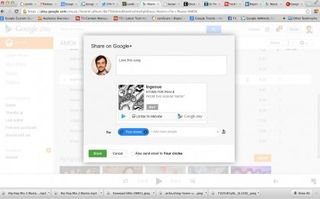
The web app performs well, although we did find some playback issues when working in other tabs. When loading a demanding page the music stuck, like a dirty CD, which cropped up a few times during the working day.
Another bugbear was that longer track names are obscured, which means you have to hover your mouse over the item to see the full name. While we love the look of Google Play Music All Access, we can't help but miss Spotify's functional layout.
Social features
Due to the petty and partisan lines drawn by big tech companies, it was obvious that Google wouldn't choose to link its music service with the social networks that people actually use and enjoy.
Facebook and Twitter support is non-existent and Google Play Music All Access solely plugs into the fledgling Google+. This is a real shame, as there's some innovative sharing features that make Google Play Music All Access an interesting proposition.
You can post tracks you like to Google+ in the usual way, and any tracks that are shared with you will appear in the web player. So far so good. However, to help those not already using Google Play Music All Access, you can also choose to post a YouTube version of the track you've been enjoying, so that everyone can share in your discovery, regardless of the service they use (provided they use Google+).
It's a quick process, where three YouTube options are displayed, and you simply select, write a message for your Google+ chums and post.
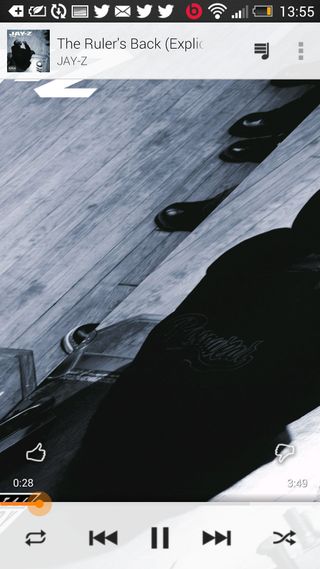
It's a wonderful piece of openness yet frustratingly closed and limited, and unfortunately pales in the face of Spotify's ubiquitous sharing functionality.
Sound quality is excellent throughout, and like Spotify plays out at a solid 320kbps. It's impossible to detect the difference between the two services on highest quality, and while they may not be the toast of audiophiles, it's fine for day-to-day enjoyment.
Playlist sharing is also not as slick and easy as Spotify, which means Google Play Music All Access users won't be able to share in the spontaneously collated soundtracks – such as the excellent crowd sourced GTA V soundtrack that did the rounds the say the game was released - that make using the service special.
The mobile app offers three unspecified quality levels for those worried about their data allowances. Labelled low, medium and high quality, this offers more choice than Spotify.
Verdict
Google Play Music All Access is an excellent service that shows Google's fantastic experience and heritage in building web apps and services. The design and app feels more polished than Spotify's assortment of players and it's much easier to get listening and enjoying your music.
However, while the quality and build of the app may top the hit parade, Google's late to the game here, and it's done little to tackle Spotify's USPs.
The social aspect of Google Play Music All Access is non-existent, and this should not be under-estimated. While the way we listen to music may have changed, it's a more social experience than ever before, and Google does not have the services in its line-up to take advantage.
Android users who have invested in Google Play will find Google Play Music All Access worthy of their money, but existing Spotify will miss the passion that's added to the service by their friends, family and its thriving community.
